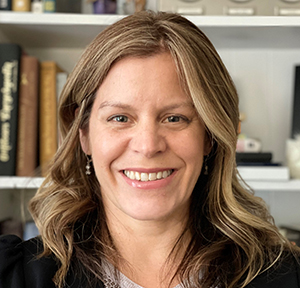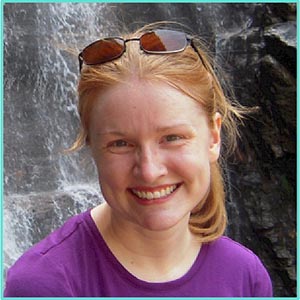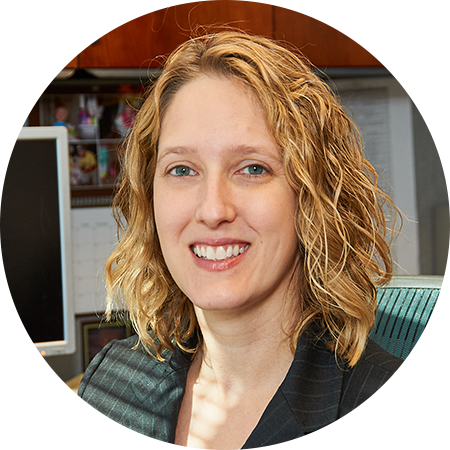Funding Opportunities
Program Staff
NHGRI Program Directors

Erin M. Ramos, Ph.D., M.P.H.
- Director
- Division of Genomic Medicine

Mollie Minear, Ph.D.
- Program Director
- Division of Genomic Medicine

Joannella Morales, Ph.D.
- Program Director
- Division of Genomic Medicine

Nicole C. Lockhart, Ph.D.
- Program Director
- ELSI Research Branch
Other Institutes

Andrew N. Freedman, Ph.D.
- Chief
- Clinical and Translational Epidemiology Branch, National Cancer Institute

Kelly K. Filipski, Ph.D., M.P.H.
- Program Director
- Clinical and Translational Epidemiology Branch, National Cancer Institute
Program Analysts

Alessandra L. Serrano Marroquin, B.A.
- Scientific Program Analyst
- Division of Genome Sciences
Social Media
Last updated: December 20, 2024






